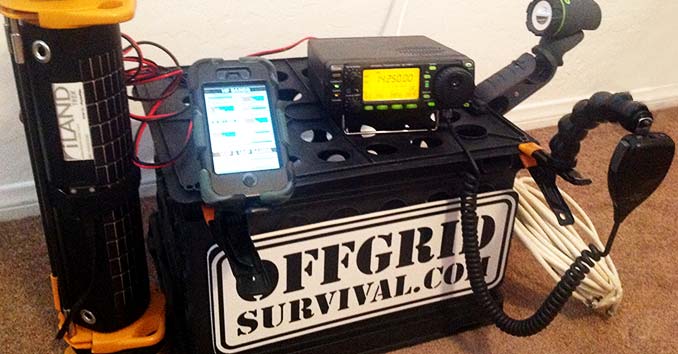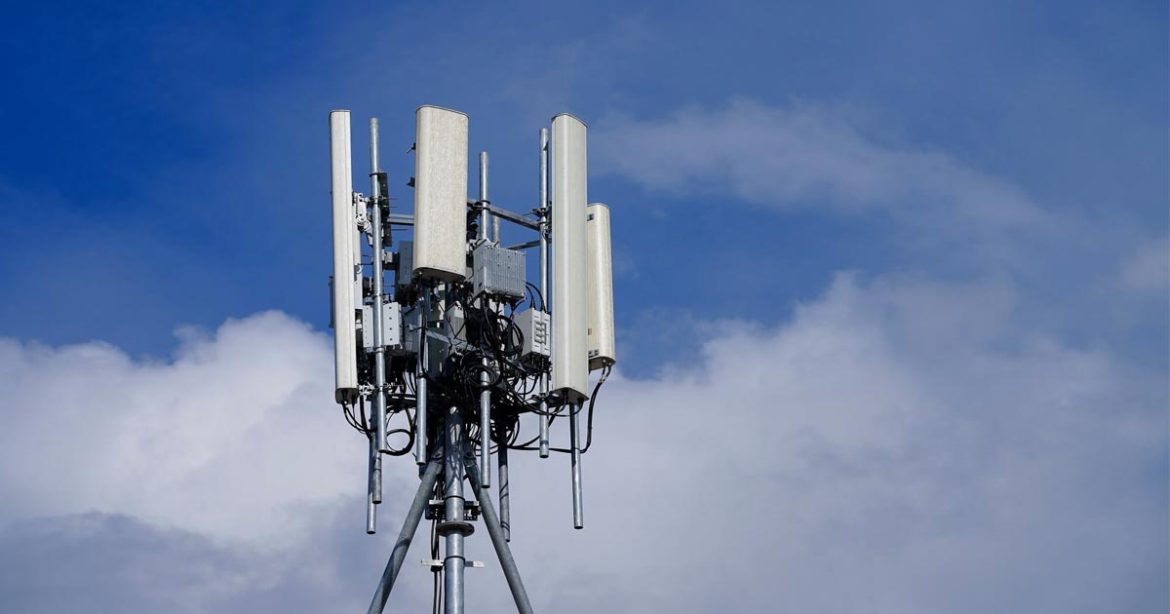In the latest event that shows how vulnerable our nation’s infrastructure is to a variety of threats, thousands of Americans were disconnected today during a significant cellular network outage, affecting major service providers, including AT&T, Verizon, and T-Mobile. The outage, which began in the early hours of Thursday, was met with concern by federal agencies, including the FBI and the Department of Homeland Security, prompting an urgent investigation into whether a cyberattack was to blame.
The disruptions began just before 3:30 a.m. ET, with Downdetector, a website tracking service outages, registering a spike in reports that peaked at over 73,000 by 9 a.m. ET. Customers reported a range of issues, from total loss of service to inability to access mobile internet, again highlighting people’s critical dependency on cellular networks for both personal and professional communication.
Security experts, including Lee McKnight, an associate professor at Syracuse University, pointed to the hallmarks of a Distributed Denial of Service (DDOS) attack, which aims to overwhelm systems with a flood of superfluous requests, causing them to shut down. Such attacks are becoming increasingly common among cybercriminals, raising concerns about the vulnerability of core internet infrastructure and the potential for widespread disruption.
The outage had severe implications for public safety, with reports of 911 services being affected, highlighting the very real consequences of disruptions to essential communication services. The Federal Communications Commission (FCC) and the Cybersecurity and Infrastructure Security Agency (CISA) were quick to respond, with the FCC stating that its Public Safety and Homeland Security Bureau was actively investigating the incident.
By late afternoon, AT&T announced that service had been restored for the affected customers and apologized for the inconvenience, emphasizing their commitment to preventing such incidents in the future. However, the event has raised significant concerns about the security of the nation’s telecommunications infrastructure and the potential for future attacks.
Are you Prepared?

The cellular network outages should serve as a critical wake-up call to the importance of preparedness in our increasingly digital society. In an era where our world is heavily reliant on technology for everything from personal communication to emergency services, the vulnerability of these systems can have far-reaching consequences. This incident underscores the need for people, communities, and businesses to have contingency plans to maintain essential communications and operations during unexpected disruptions.
To enhance you level of preparedness, it’s important to explore alternative communication methods that can serve as backups when primary systems fail. Satellite phones, two-way radios, and even ham radios offer reliable means of communication that do not depend on traditional cellular networks. Investing in emergency supplies such as power banks, solar chargers, and backup generators can ensure that communication devices remain operational even during prolonged outages.
Are you prepared to stay in communication and gather vital intel if the communication networks go down?

For more information on Ham Radio and Emergency Communication, check out these articles:



